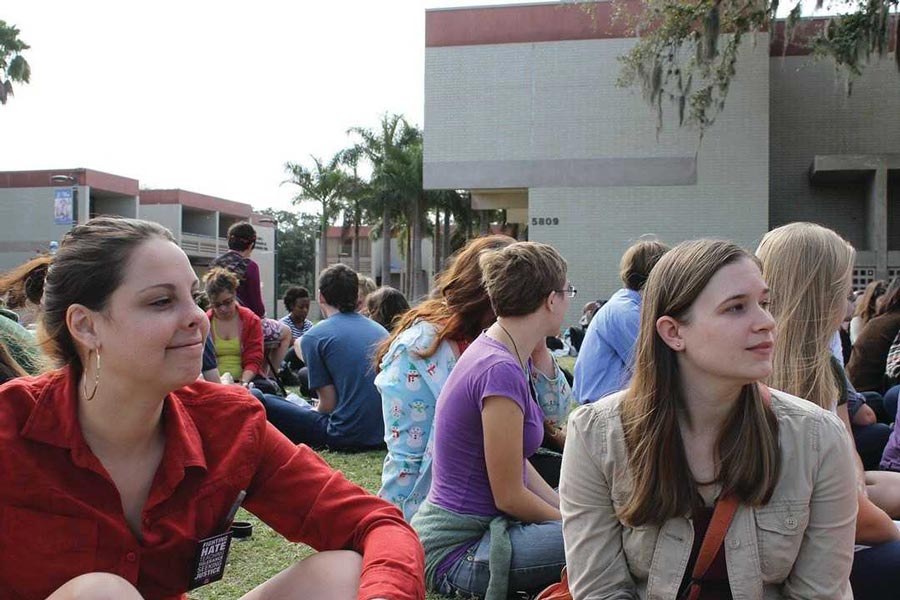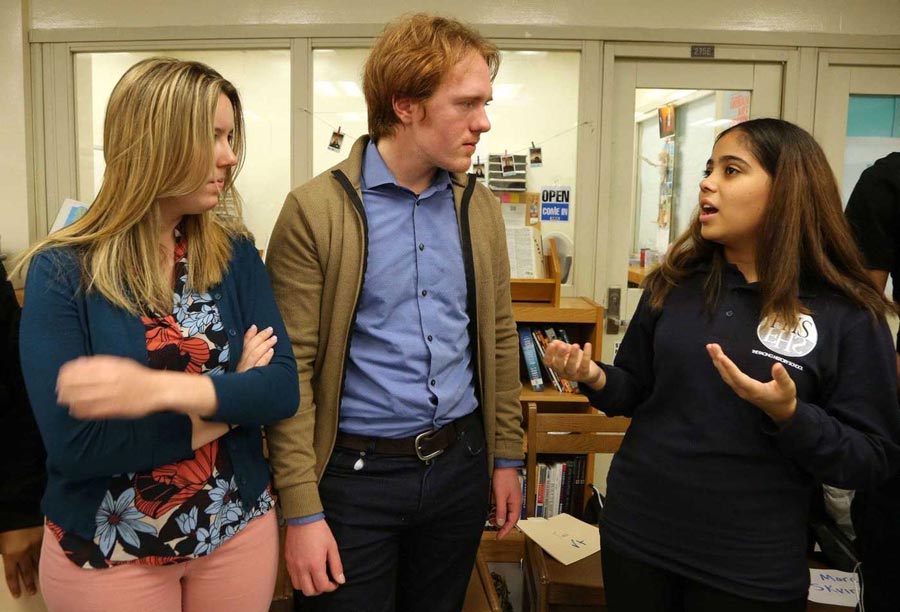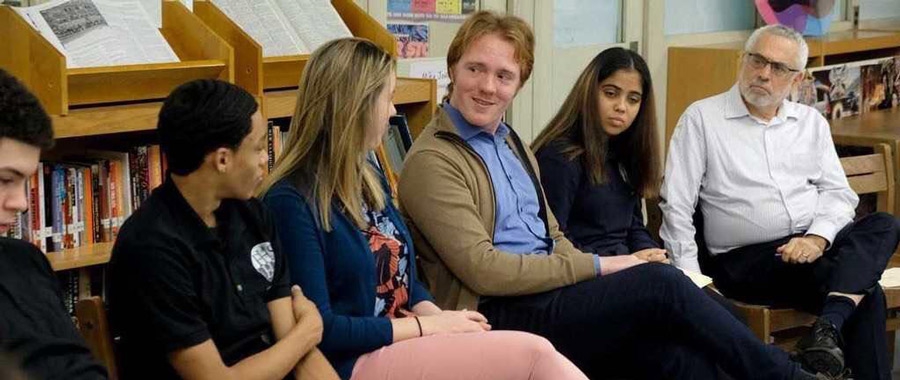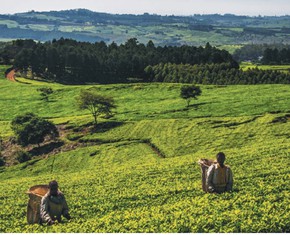The views expressed in our content reflect individual perspectives and do not represent the authoritative views of the Baha'i Faith.
Welcome to a three-part series that chronicles a man’s transformation from being the rising leader of the white nationalist movement to an advocate for anti-racism. Read part 1 and part 3.
Even people who espouse the most hateful ideologies can change. That’s a lesson I learned from Derek Black, a former rising leader in the white nationalist movement. When he attended a multicultural university at the New College of Florida, he became friends with Jewish people and other socially conscious individuals. Over the next two years, Derek changed his views and eventually denounced white nationalism. One key to that shift: community building.
“If you have individual change in mind, facts will not do it,” he recently told an audience at the University of Maryland. When asked about changing the hearts and minds of white nationalists, he said: “You cannot give them a book and change their mind. You must have them connected to you through some kind of community, through some kind of larger social structure that is around and makes the two of you relevant. And they have to be willing to listen. You cannot put pamphlets under people’s windshield wipers and change their world.”
The other key to changing Derek’s heart: community activism against racism.
“I look back on it now, and I say, you have to look at the campus condemnation,” Derek said. He shared how, when word got out about his views about Jewish people and people of color, there was a public outcry on campus.
Derek explained that the college’s priority was to provide a space where people of all backgrounds could feel welcome and thrive. While Derek was there, the campus community addressed how racism functioned at the school, advocated to make antiracism courses mandatory, and held organized meetings for students to talk about ways to get the administration to respond to their experiences.

“That stuff was not always about me,” Derek said, “It was about being the campus they wanted to be, and I was condemned in it. I was being told that people’s lives were being made worse by what I was doing — people were being harmed by my words [and] my actions.”
It was that community activism and personal connections that inspired Derek to reevaluate his values and perspectives. The Baha’i Writings describe the transformation that happens within an individual who continually expands their views:
Every imperfect soul is self-centered and thinketh only of his own good. But as his thoughts expand a little he will begin to think of the welfare and comfort of his family. If his ideas still more widen, his concern will be the felicity of his fellow citizens; and if still they widen, he will be thinking of the glory of his land and of his race. But when ideas and views reach the utmost degree of expansion and attain the stage of perfection, then will he be interested in the exaltation of humankind. He will then be the well-wisher of all men and the seeker of the weal and prosperity of all lands. This is indicative of perfection. – Abdu’l-Baha, Selections From the Writings of Abdu’l-Baha
Derek said he would not have engaged with other students about his white nationalist beliefs “without that campus condemnation, without that protest, without the campus activism. I think that’s easy to get lost because it looks like nice conversations changed my mind — I think it’s so much bigger than that.”
After the talk, I corresponded with Derek over email and asked him to describe the community with which he currently identifies. Since his time at college, he’s become involved with Facing History and Ourselves, a Massachusetts-based national nonprofit that develops educational materials designed to eliminate racism, antisemitism, and prejudice. As part of this, the organization has a framework called the “universe of obligation” — which asks people to think about “those people who that society believes deserve respect and whose rights it believes are worthy of protection.”

This framework, wrote Derek, “helps me to think about who is on the outskirts or outside of what I consider my communities, and it calls that I try to think about how those people are actually connected to me even if I didn’t realize it before. Generally, I define community based on broadly shared values of inclusion and protecting people whenever they are threatened.”
That’s why Derek advises focusing on community building because it plays an integral role in shaping one’s identities and values. Part of that process is thinking about what your values are and knowing who or what you prioritize. Ask yourself, “Who do you want to protect? What institutions do you want to change?” Derek said at the talk.
And although students on his college campus held protest marches, that’s not always required to challenge prejudices.
“It can be through your work, through your studies, it can be through whatever connection you have, but that’s the thing that you do every day,” he said. “And if you find yourself in a situation where your dormmate is a child of a white nationalist and has a radio show, then you can [ask yourself], ‘What is my responsibility there? Are they willing to listen to me if I challenge their world view and if I feel safe doing so? Is that something I should do or not do?’”
Doing this is not always easy, but Derek is evidence of what’s possible. “Every single day, you can assert values and know that that is having an impact on people.”
You May Also Like
Comments

















Part 1, Radiance's last article on former white supremacist Derek Black focused on the importance of the INDIVIDUAL in his radical transformation while part 2 focuses on the equally important role of the COMMUNITY and stay tuned for part 3 where she shares the role of the INSTITUTIONS.
"Derek said he would not have engaged with other students about his white nationalist beliefs “without that campus condemnation, without that protest, without the campus activism. ...I think that’s easy to get lost because it looks like nice conversations changed my mind — I think it’s so much bigger than that.”
― Radhanath Swami, The Journey Home